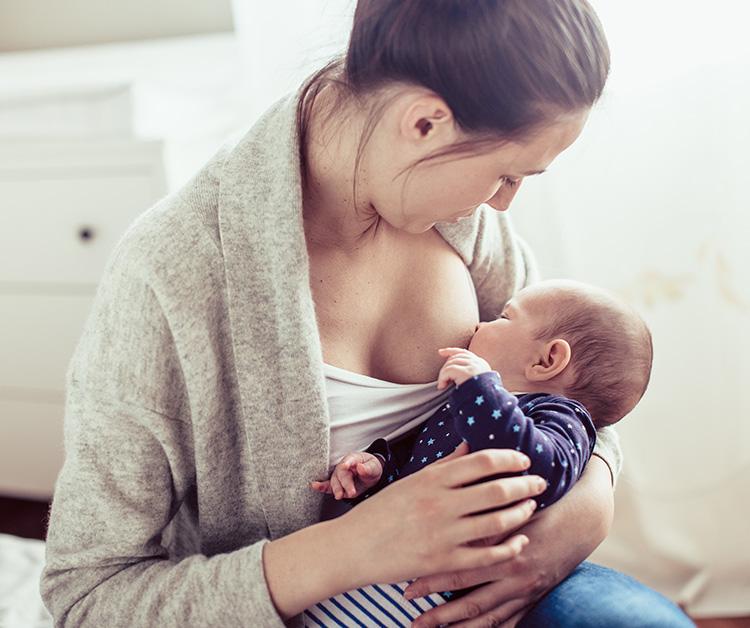Due to maintenance, rewards points for receipt uploads will be delayed. Thank you for your patience!

If you are pregnant or breastfeeding, you are probably extremely concerned about the possibility of contracting Coronavirus and the impact that could have on the health of your baby.
As you may have heard or read, although the “coronavirus family” is known to science, little is known about COVID-19, since it has been recently identified. For this reason, it is not yet clear whether pregnant women are more at risk of COVID-19 infection than other people.
What is known is that pregnancy related changes to a woman’s immune system can make them more susceptible to respiratory viral infections, including COVID-19 so it’s reasonable to be cautious by acting under the assumption that there is a possibility of infection and take all possible preventive measures during your pregnancy to minimize the risk.
There are some simple measures that you can follow – maintain good hygiene, wash your hands frequently, use sanitizing gel and clean the surfaces of your house. Do not leave home if it’s not essential and definitely avoid crowded places. If you can avoid having visitors, do that too. Also, eat healthy and rest well, to keep your immune system strong.
An early study on the impact of the virus in pregnancy indicated that the virus did not pass into the placenta or amniotic fluid however more studies are needed to be substantiated and after birth, a newborn is at risk for person to person spread and, until now, mother-to-child transmission of coronavirus during pregnancy is unlikely, but after birth a newborn is susceptible to person-to-person spread.
Additionally, what is not known at the moment is the impact the infection could have on the pregnancy if it’s contracted at the beginning of pregnancy. The virus is still very new and such a study has not yet been done. For this reason, the best action is prevention.
The studies that have been carried out have found no traces of the virus in the breastmilk of mothers who have been infected. For now, available data (or information) indicates that COVID-19 is not spread through breastfeeding.
Various specialists agree that, even if the mother is infected, continuing to breastfeed the baby is the best decision.
If you have confirmed COVID-19 illness, it is important to protect your newborn from your sneezes and/or coughs by wearing a mask and touch them only after your hands are washed and/or sanitized. You also have the option of expressing milk and having someone else feed your baby for you.
As always, consult with your doctor or health professional who will advise you on the best way to keep your family healthy and safe.
More information about COVID-19 can be found at the following: https://www.cdc.gov/coronavirus/2019-ncov/if-you-are-sick/pregnancy-breastfeeding.html
All information on Enfamil, including but not limited to information about health, medical conditions, and nutrition, is intended for your general knowledge and is not a substitute for a healthcare professional's medical identification, advice, or management for specific medical conditions. You should seek medical care and consult your doctor or pediatrician for any specific health or nutrition issues. Never disregard professional medical advice or delay seeking medical treatment, care, or help because of information you have read on Enfamil.